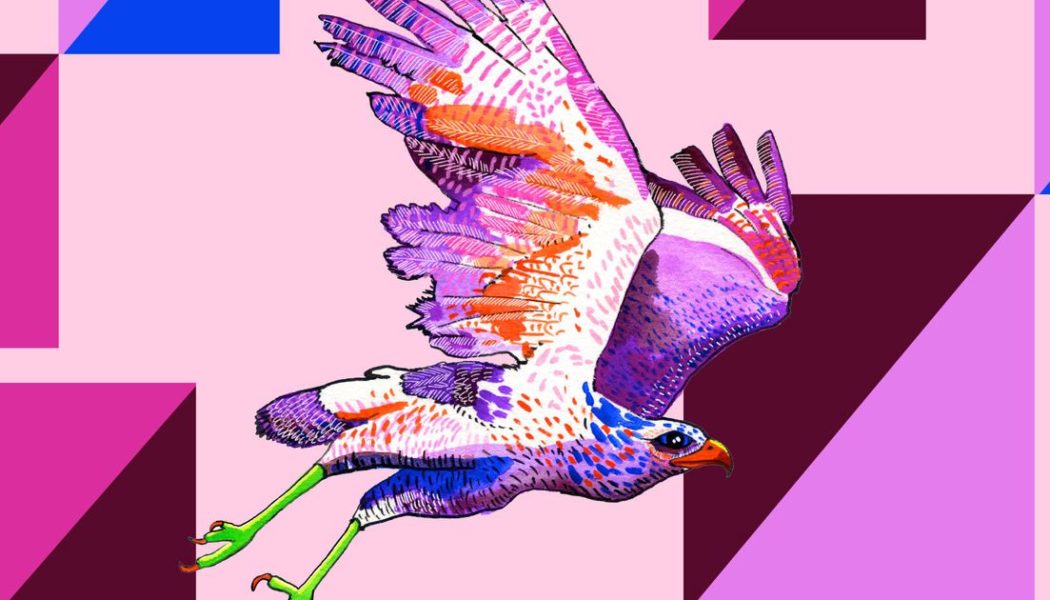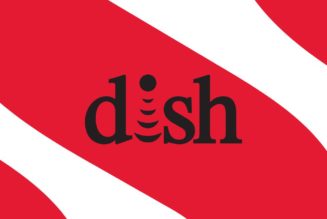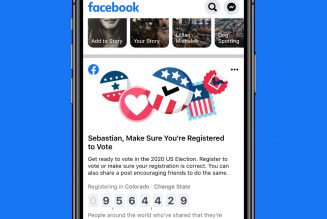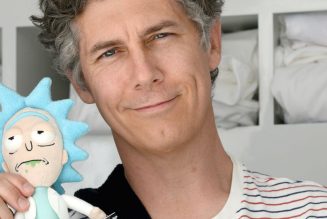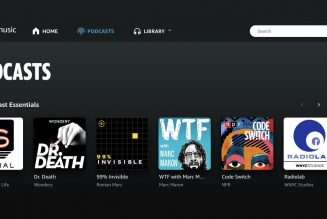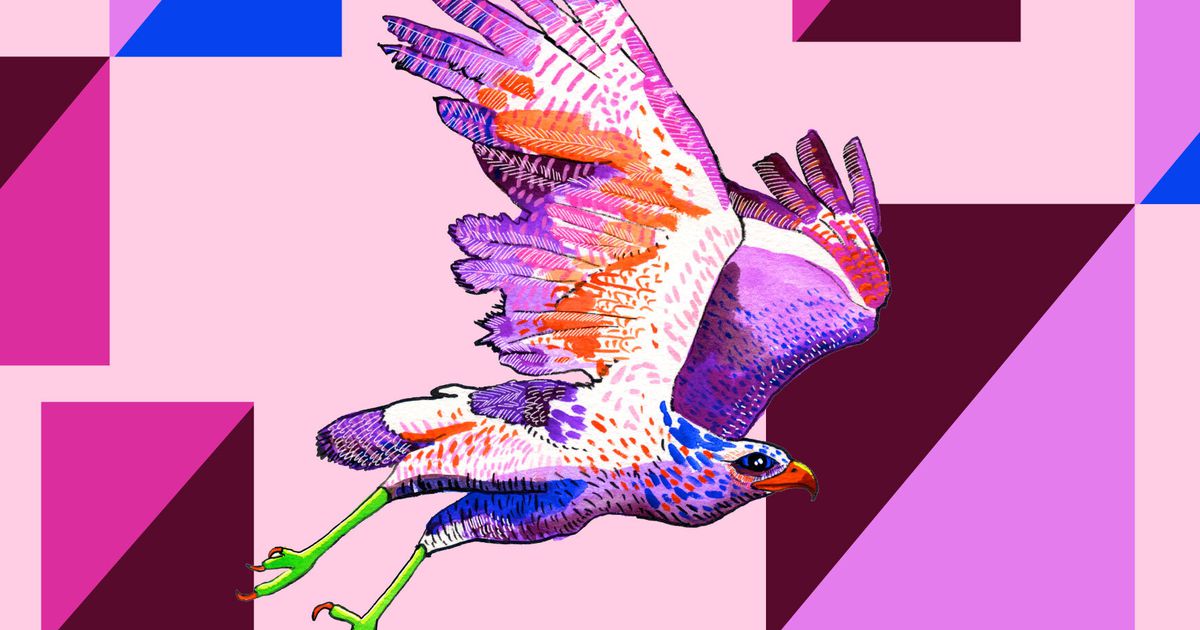
I t’s hard to know how much drinking will kill a person until it does.
In the early ’00s, Chris was in Maine’s music industry. He was the baritone sax player for a screamo band called Animal Suit Driveby, later rebranded The Killing Moon after the label asked for a more serious name. But more importantly, he was part of the scene. “We were raging, we were rampaging, having a good time,” he recalls. Reviewing our interview transcript later, I realize, for how often we’re talking about drinking, Chris tends to avoid the word itself.
That life — raging, rampaging, having a good time — extended into his 30s, even long after his moment in music passed.
Gemma had her concerns. Before he went out, she’d ask him tough questions that were, in hindsight, easy questions: Could he go out to dinner and not have six drinks alone? Could he resist going to a bar after that? Was it even possible to imagine limiting himself to just one drink?
So he got sober. It was hard for all the obvious reasons; it was also difficult because sobriety was so boring.
“When you’re in your 30s, that’s all you’ve done in your formative adult years. You have no actual hobbies, and all you are is that party person, and all your friends are those party people,” he says. Pulling out cold turkey — which, for most people, is the only way to do it — left him with existential questions: Who am I? What am I doing? What is interesting to me? What do I care about?
Chris goes birding for three, maybe four hours at a time. His favorite spot is near a waste-water treatment plant in Rochester, New Hampshire. Chris prefers the solitude of birding alone. He considers himself an introvert, at least ever since he stopped drinking. “I like to be able to pick up and go wherever, switch directions and drive somewhere else, and not have to worry about anyone else,” he says, which is good because he was by himself now anyway.
Two and a half years into their relationship, Gemma was offered a three-year contract at the Cornell Lab of Ornithology, which in addition to making eBird, is widely considered the best avian studies program in the world. The job was six hours west in upstate New York. Chris offered to pack up his life and move to Ithaca with her. Gemma said she was going alone.
Two weeks after Gemma left, Chris was diagnosed with stage 4 Hodgkin’s lymphoma, a cancer that attacks white blood cells. Weirdly, he was good news / bad news about the whole thing. “First up, Hodgkin’s is a great cancer,” he says, citing its treatability, “but stage 4 is never a great stage to be in.”
More ups and downs: because the chemo jacked Chris’ body full of steroids, it actually made him feel pretty terrific for a day or two afterward — the perfect opportunity to get outside. No hikes, of course, but little drives to the beach to hobble around and observe some birds. Then, after the steroids wore off, Chris would spend the next week and a half feeling like absolute death.
He was stuck in this loop for six months straight: the brief high of treatment, followed by the drawn-out agony, all in the pursuit of staying alive long enough for the cancer to be exorcised from his body.
Even while he was being treated, getting pumped with four types of chemo, he was texting Gemma. They’d remained friends and talked every day. “A lot of times, it was like, ‘Check out this picture of this bird,’ that sort of thing, while I’m sitting, literally cooking from the inside,” he says, describing himself further as “a boiling, toxic mess.”
“I don’t think there’s ever a time when I go out that I don’t think of the genesis of this entire hobby and who brought it into my life,” he says.
The nice thing about getting outside and birding is that it reminded him of Gemma — but also, it reminded him of Gemma.
